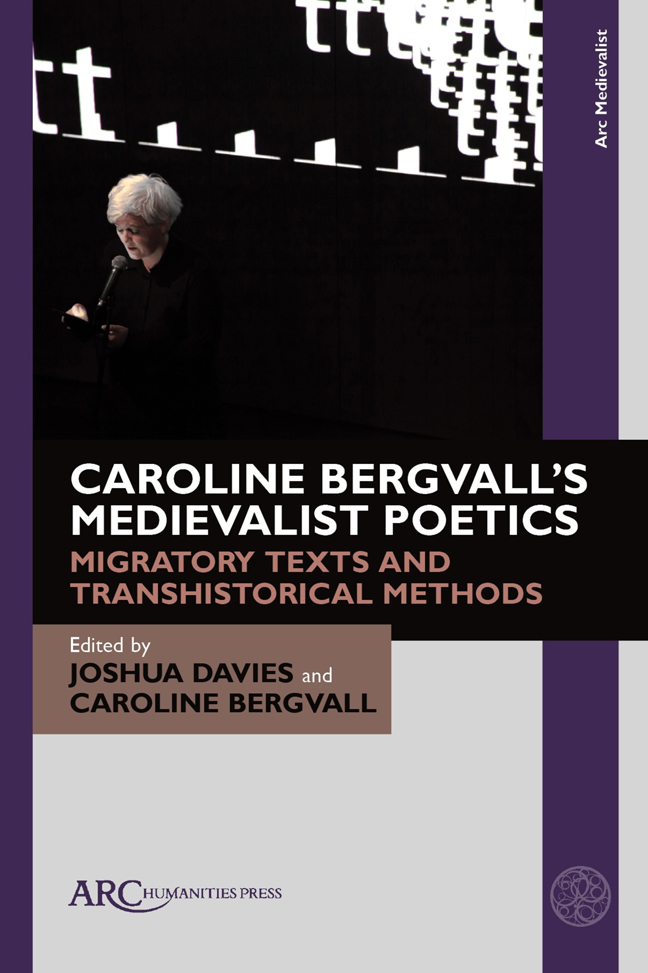Chapter 25 - Airborne
Published online by Cambridge University Press: 20 February 2024
Summary
FOR MY EXHIBITION Die Lucky Bush, you filled a gallery with the voices and projected words of your installation Say: “Parsley”. You’d completely reworked it for Antwerp, with specially recorded new words and voices in French, Flemish and English—you wanted to speak to local ears, and to register the political charge around speech in a territory which has been split between languages for centuries.
For the exhibition title I’d taken the words of a kind of shibboleth I’d seen sprayed as graffiti around the city of Jerusalem, earlier that year. Die Lucky Bush. When you read it aloud, it reveals itself to be a precise phonetic transcription into English of the Hebrew words for “Stop the occupation.” Printed large on a banner outside the museum, they would stay silent until unintentionally voiced by a passing Hebrew speaker, perhaps someone from the Jewish community nearby, or read about in the exhibition guide.
“The Parsley Massacre” of Haitians by neighbouring Dominican Republicans, in 1937, was a strong reference for Say: “Parsley” and it haunted your original version. Differences in subtle details of pronunciation, a matter of life or death. In Flanders in 2008, the nationalist Vlaams Bloc party was gaining power and had taken up the words of another historic shibboleth for their rallying cry: schild en vriend, shield and friend. In the Matins of Bruges, the massacre of the French garrison by the Flemish in 1302, the French were identified by their pronunciation of those words. Listening to Say: “Parsley” (2001–2008) in Antwerp, for those who would hear it there might be a faint reverberation of the Matins of Bruges.
Another gallery in the museum was filled with the voices of Edward Woodman and his speech therapist Judith Langley. His voice embodies loss of language, due to aphasia. In I hate, Edward communicates through two different forms of language: in what remains of his verbal speech and in what he can say through the visual language of photography. His speech is a labour of forming and re-forming word-sounds, whose verbal meaning wanders in the process; hers is a parallel labour of adjusting them ever more closely to correct articulation. Subtle details of pronunciation, tools for agency in the face of difference. When we lose language, different forms of language are discovered or emerge, privately and in collaboration with others—this is part of what they generate between them.
- Type
- Chapter
- Information
- Caroline Bergvall's Medievalist PoeticsMigratory Texts and Transhistorical Methods, pp. 195 - 198Publisher: Amsterdam University PressPrint publication year: 2023



